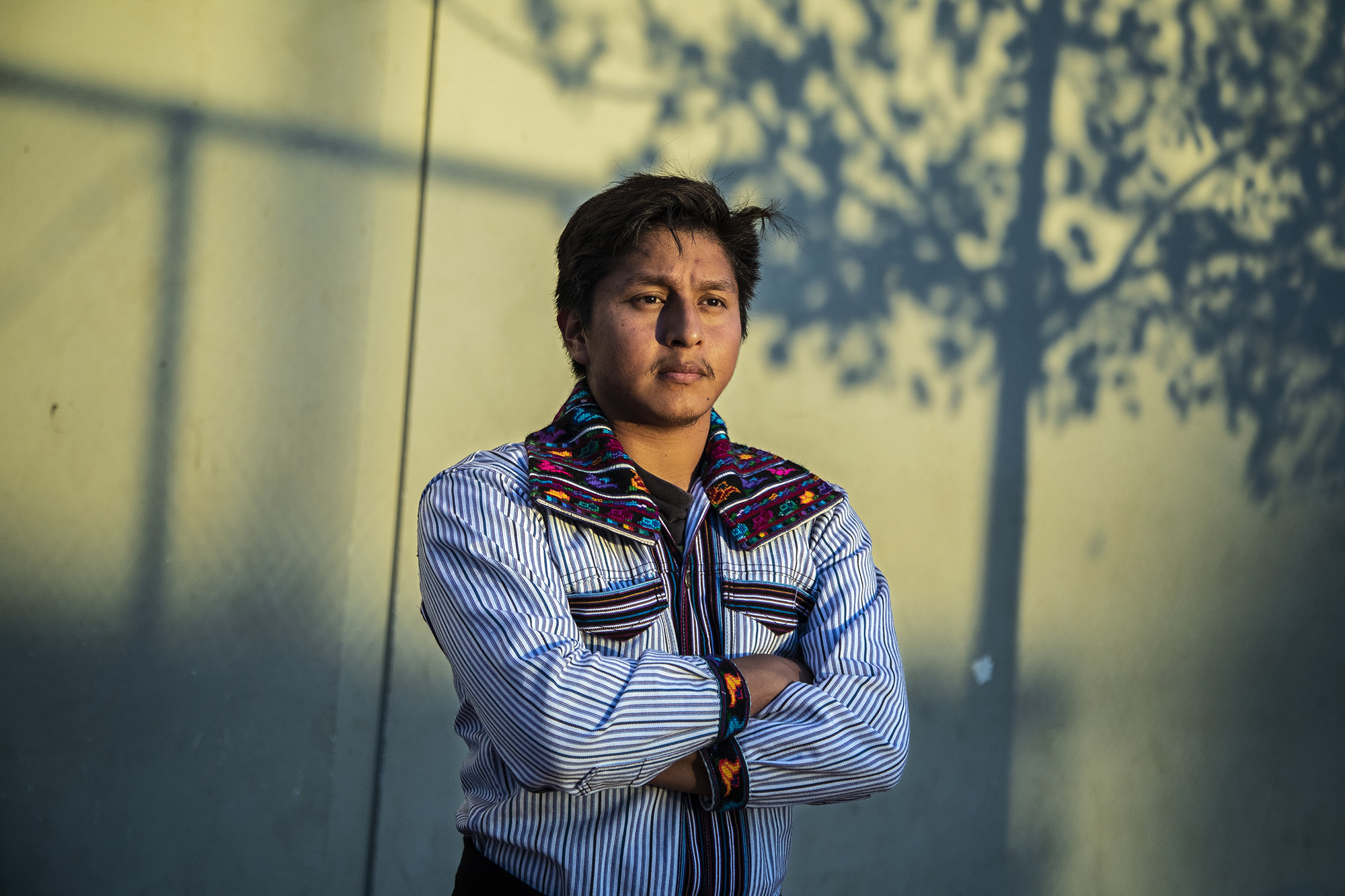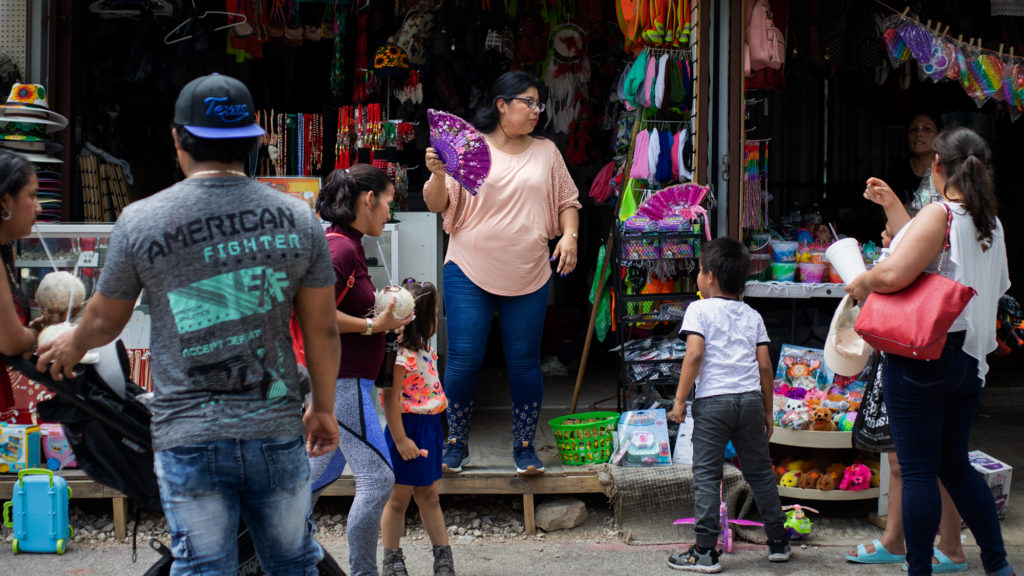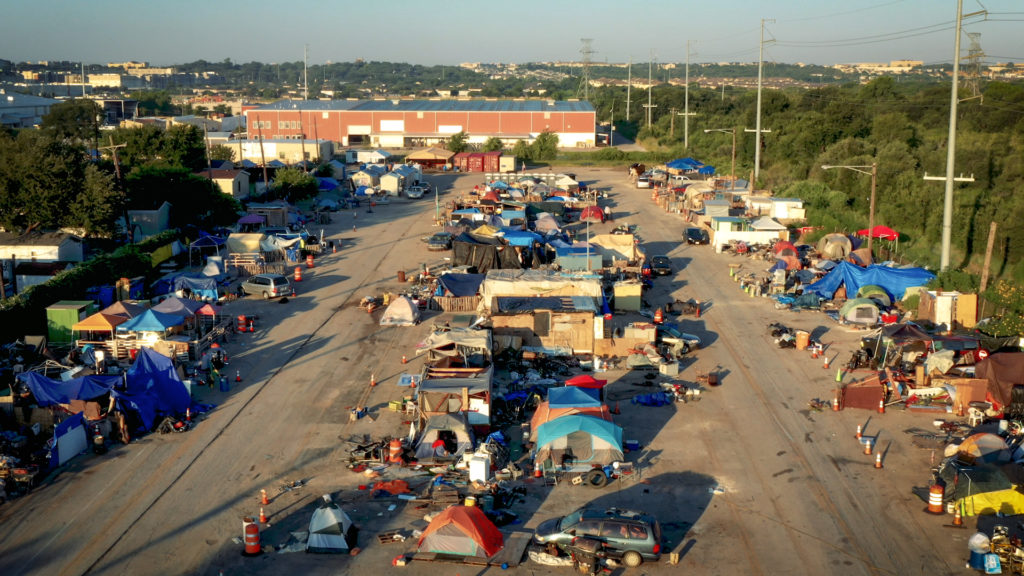By Martin do Nascimento and Omar L. Gallaga
When it began in 2003, Asociación Mayab was founded as an organization promoting events around Mayan culture. But once the San Francisco-based group established itself, it began receiving first requests for interpretation services.
Founder and director Alberto Perez says that it didn’t take long to realize that the community was in need of highly skilled interpreters, primarily for Indigenous people caught in the tangled web of immigration law or other legal matters.
Although it is assumed that people from Latin American countries, including Mexico, communicate in Spanish, there is a wide range of Indigenous languages used in addition to Portuguese and French. About 6 million people in these countries speak one of 30 different Mayan languages, for instance.
For those who speak Indigenous languages in the U.S., health care, navigating social-care services, and responding to law enforcement are just a few challenges in places where Spanish-to-English is one of only a few translation options available.
In 2008, Asociación Mayab invested funds to offer 10-week intensive training courses, and by 2011 was receiving grants to support the mission of its formalized program. The services are offered for free to clients about 95 percent of the time. The rest of the time, costs are very low, Perez said. The nonprofit’s trained interpreters are compensated for their time, which often takes them away from their full-time jobs.
Perez says that often, clients are walking into a courtroom with their life in the balance. “It can be a rather intimidating situation,” he said. Although some clients also speak Spanish, their first language is typically Mayan or another Indigenous language. The level of stress involved causes people to default to their native language. Having someone in the room fluent in their language “provides a level of comfort to this client I can’t even explain,” he said, “they are treated more fairly and not run over by the system.”
In some cases, translators wear traditional clothing when they do their work so that they are more easily recognized.
Dominic Pablo, a translator of Mam, a language spoken by about half a million people in Guatemala, said that a single word or phrase misinterpreted can affect a client’s entire life, as it did in an immigration case he worked on. After Pablo found an error while reviewing audio from court proceedings, a family was allowed to stay in the U.S., he said.
“I know there’s a lot of people who need an interpreter,” Pablo said. “It feels kind of like a superpower you have in the right circumstances. It’s like you have this ability that nobody else in the whole room has.”
Courts make up about 80 percent of the work Asociación Mayab does, but it also helps clients in hospitals, schools, and mental health facilities, where its services are also needed. “Even in those cases,” Perez said, “people need to have an ally, they need to have an advocate.”
Mayan Interpreters: In Their Own Words
Francisco Icala Tiriquiz
 Francisco Icala Tiriquiz is a K’iche interpreter based in San Francisco, CA.
Francisco Icala Tiriquiz is a K’iche interpreter based in San Francisco, CA.
He said, ‘Okay, I’ll call someone that speaks Spanish.’
‘He doesn’t speak Spanish,’ I said.
‘What does he speak?’ he asked.
‘It’s a language from Guatemala,’ I told him, and so I ended up interpreting between them right there on the street. Finally, they let him go, but before they left, one police officer turned to me and told me that I shouldn’t be speaking my language since I’m in the United States. He told me to go get an education and to just speak English.
It hasn’t been easy getting to where I am. I interpret for the FBI, IRS, Immigration Services, and lots of other places. I’ve faced discrimination from lots of people. They look at you like you’re so strange. I’ve had to overcome lots of obstacles. But every time it’s happened, I’ve I used it to inspire me to go further.
Now, when I look back on everything, I’m grateful to that police officer in LA. He’s why I became an interpreter. I never would have otherwise.”
Oswaldo Martín
 Oswaldo Martín is a Mam interpreter based in Oakland, CA.
Oswaldo Martín is a Mam interpreter based in Oakland, CA.
Angela Ramirez
 Angela Ramirez is a Mam interpreter based in Alameda, CA.
Angela Ramirez is a Mam interpreter based in Alameda, CA.
‘Yeah, and the bird is blue.’
I’m also teaching my daughter, and me, my mom, and my daughter end up speaking in Mam. My mom doesn’t speak English so, when they go out, my daughter is always translating for my mom and that makes my mom feel happy.”
Dominic Pablo
 Dominic Pablo is a Mam interpreter based in Oakland, CA.
Dominic Pablo is a Mam interpreter based in Oakland, CA.
There are cultural barriers, language barriers, spiritual barriers — there are a lot of barriers. Interpreting has made me more focused on helping my community. Right now, I’m working as an interpreter but I know that I can also be an attorney in the future. There are actually zero Mam attorneys.”
Karen Novelo
 Karen Novelo is a Yucatec Maya interpreter based in San Francisco, CA.
Karen Novelo is a Yucatec Maya interpreter based in San Francisco, CA.
“When I was a kid in Mexico, most people where I lived spoke Spanish and only older people spoke Yucatec Maya. My grandpa could speak broken Spanish, but my grandma only ever spoke Maya.
That’s how I learned to speak Maya. When I came here, I didn’t practice my language. I think I was ashamed of speaking Maya, and I worried about what people would think if I they heard me speaking. I didn’t think it was necessary. I didn’t think about the importance of preserving our culture. But then I started to hear people speaking Maya, and I heard about Asociación Mayab.
I started getting involved, and I went to classes there to learn how to read and write Maya and how to interpret. All that just made me think about how important it is to not lose our language.
Now I’m trying to teach my kids, and I’m really happy that my grandparents gave me this gift. Because it is a gift.”



